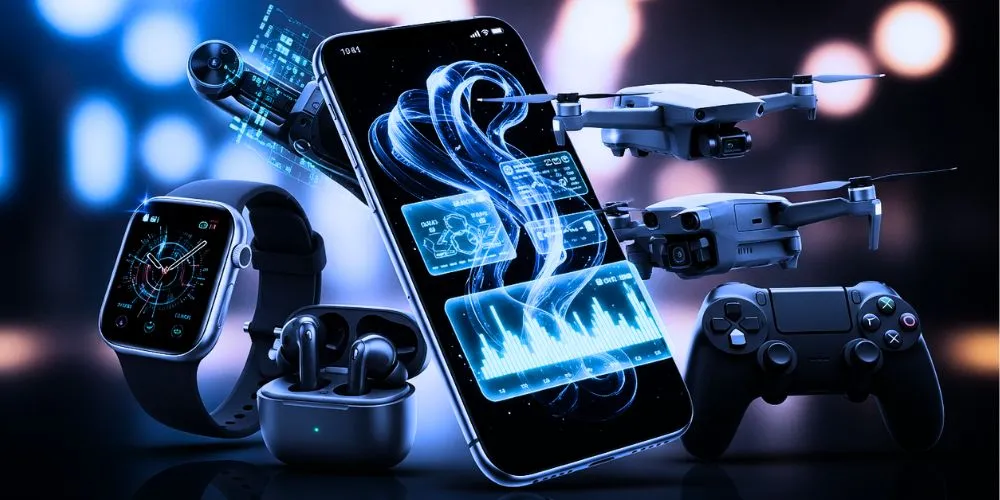That sleek new smartphone in your pocket has a secret: it was designed to die. The same applies to your laptop, smart TV, and even your refrigerator. We live in an age of disposable technology, where companies intentionally build products that are difficult, expensive, or impossible to fix. This isn’t just bad for the environment; it’s a direct assault on our wallets and our right to own the things we buy.
Built to Break
This phenomenon has a name: planned obsolescence. It’s the reason your phone battery mysteriously loses its charge after two years, or why a simple repair costs more than a new device. Companies use proprietary screws, glue components together, and refuse to sell spare parts, all to force you onto a treadmill of constant, unnecessary upgrades.
The Illusion of the Upgrade
Each new product launch comes with a dazzling marketing campaign promising revolutionary features. In reality, the “upgrades” are often marginal—a slightly better camera, a fractionally faster processor. We are conditioned to crave the newest model, not because our current one is broken, but because we’ve been made to feel it’s obsolete.
The Right to Repair Is a Right to Ownership
When you buy a product, it should be yours to keep. You should have the right to open, fix, and modify it as you see fit. The “right to repair” movement is not a radical idea; it’s a demand for a return to common sense. It means forcing companies to make schematics, tools, and spare parts available to consumers and independent repair shops.
A More Sustainable Model
This isn’t just about saving money. The mountains of e-waste we generate are a toxic environmental catastrophe. By building durable, repairable products, we can drastically reduce this waste and conserve the precious resources used to manufacture them. Supporting repairability is one of the most practical environmental actions we can take.
Conclusion
We have to stop accepting this disposable model. We must support companies that build products to last and advocate for legislation that enshrines our right to repair. We are not just consumers renting devices from tech giants; we are owners. It’s time we started acting like it and demanded products that respect our intelligence and our planet.













